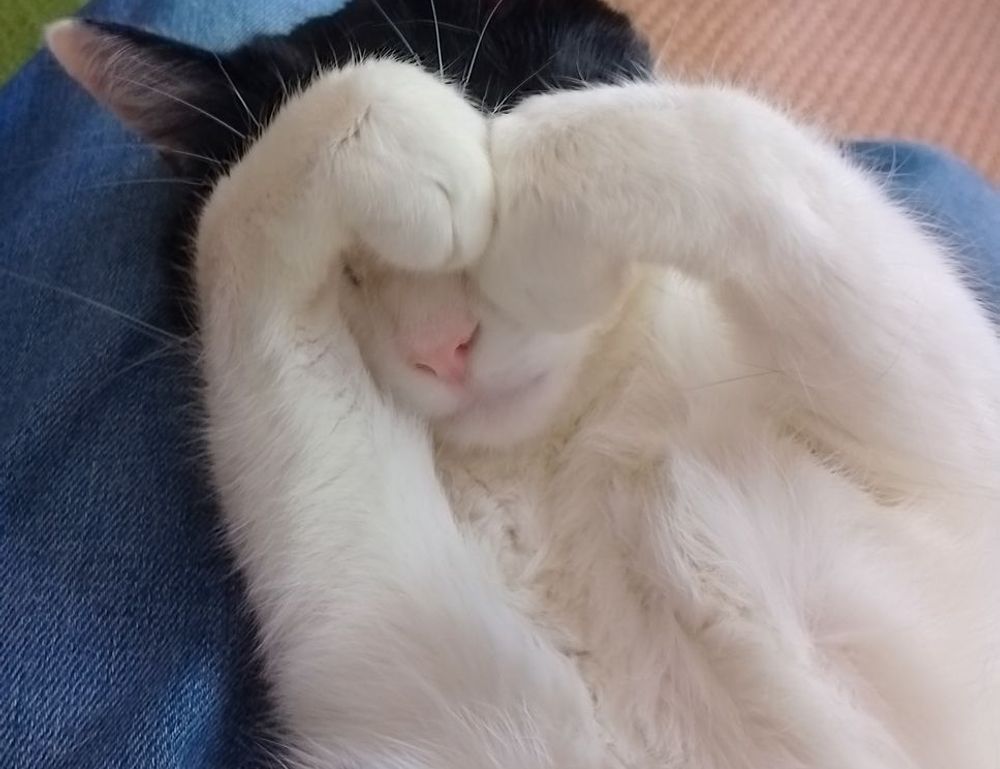What is vazouagora18?
Let’s get straight to it. vazouagora18 is the kind of tag that spreads fast in digital backchannels. It’s often tied to leaked material—usually content not originally intended for public release. Whether it’s personal media files, private conversations, or unlisted digital assets, the weight of the word is less about what’s being shared and more about how rapidly it’s shared.
This handle or hashtag isn’t officially tied to a person or group, but the content linked to it tends to explode when it surfaces. If you’ve come across this in your content roulette, assume it points to leaked or private digital content, often with a NSFW or celebrity edge.
Who’s Behind It?
It’s murky. No verified individual or group has claimed responsibility for launching the trend, but patterns suggest coordinated behavior. Some accounts seem to massrelease content under the label to ride the wave of virality. Others are likely just signalboosting for views or attention.
Like most leak tags, it’s born from a mix of cloud storage cracks, disposable accounts, and private chats gone public. There’s an entire leak economy operating behind the curtain, and tags like vazouagora18 are the surfacelevel breadcrumbs.
Why Does It Trend?
Simple: curiosity and hype fuel the internet. Attach “leak” or “vazou” to any username and people will click. Add a number like 18—implying age borderline and possible adult context—and you’ve got a volatile combo.
But beyond curiosity, there’s also tech at play. These leaks often get boosted by bots, crossposted in fringe networks, and shared by innocent lookyloos unaware of the legal and ethical boundaries. This cocktail creates a microtrend that, for a brief moment, dominates niche digital circles.
Should You Click?
Here’s the disciplined truth: probably not.
Most vazouagora18 content is: Unauthorized Ethically shady Possibly illegal to download or share
Even passive involvement—like downloading or reposting—can put you at risk. Not just morally, but legally. In some regions, knowingly accessing leaked content can lead to fines or digital warnings. Add to that malware risks, phishing traps, and scamridden sites mimicking leak pages, and it gets worse.
If you’re a digital passerby, observe the buzz, log the behavior, but don’t bite the hook.
The Bigger Picture
Tags like these aren’t going away. They’re part of an ecosystem fed by oversharing, weak cybersecurity, and voyeuristic internet culture. Today it’s vazouagora18, tomorrow it’s something else. The pattern’s the same: an unverified source drops a tease, others jump in, it snowballs, and eventually dies out—sometimes leaving real damage in its wake.
For internet users, the tip is simple: stay updated, but stay aware. Respect digital boundaries like you’d respect physical ones. Peek behind the curtain only if you’re ready for what’s there—and the risks that follow.
Final Thoughts
The era of leaks and viral content shows no signs of slowing down. Trendy tags like vazouagora18 will keep popping up, catalyzed by platforms that reward virality over verification. As a user, you’ve got a choice: fuel the fire or observe the sparks from a safe distance.
Diving into leak culture might seem thrilling, but longterm, it often leads to nothing but digital footprints you don’t want traced. Choose wisely.




